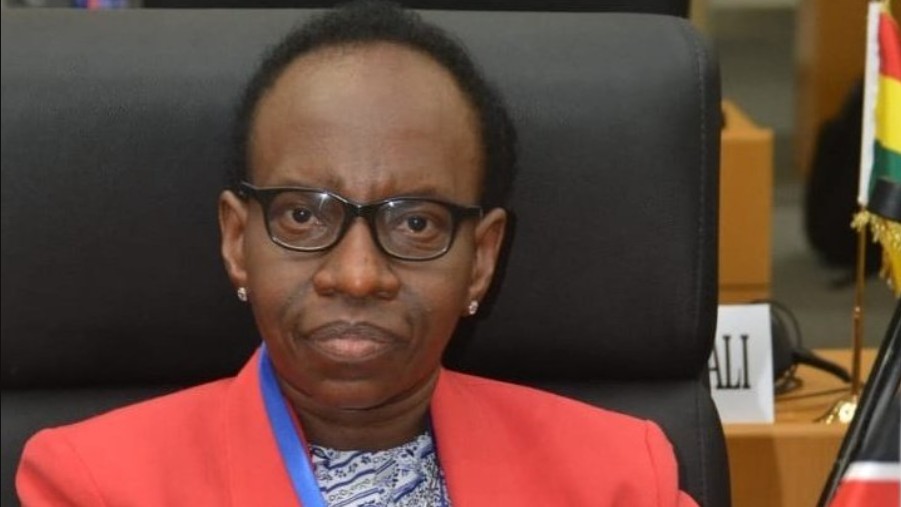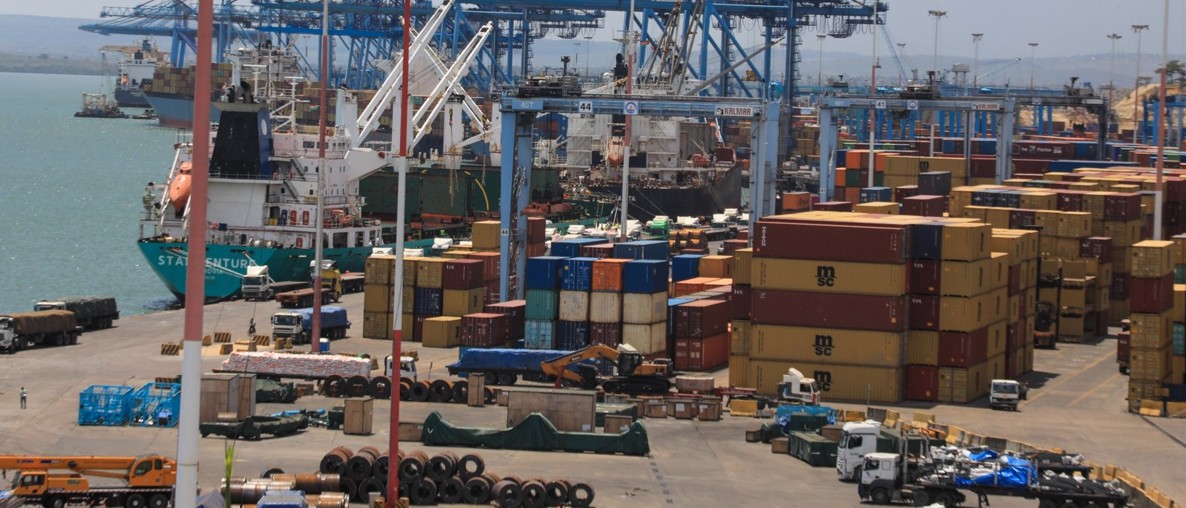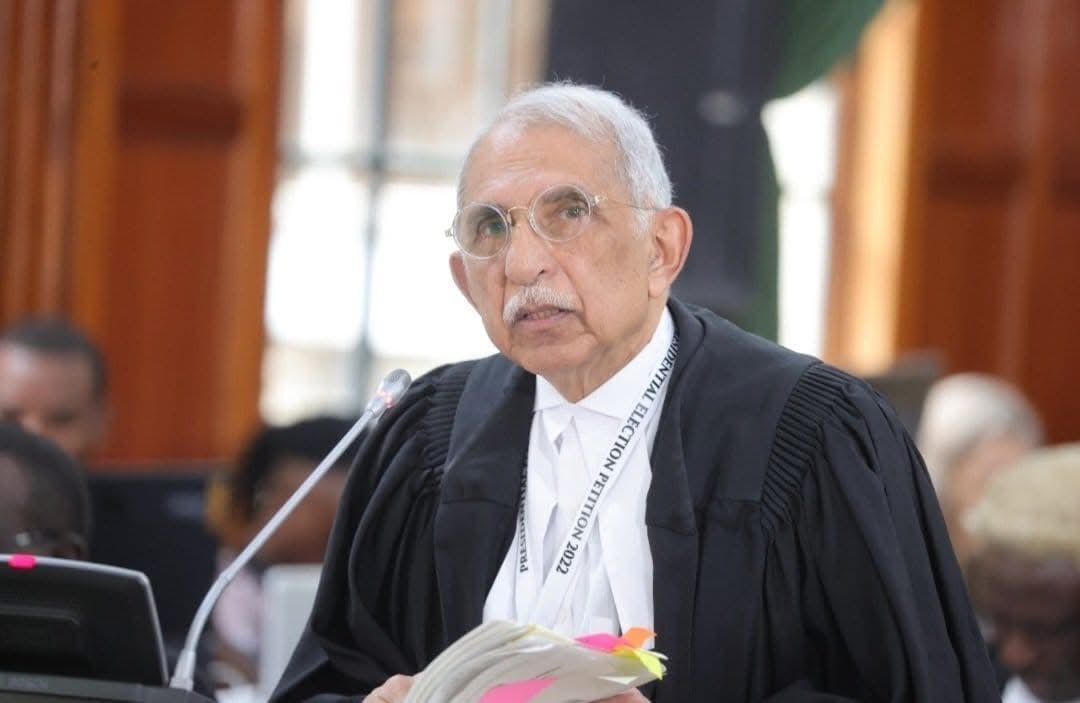Audit flags Sh44.8bn mystery on eCitizen, exposes weak controls and vendor grip

Unsupported balances from previous financial years amounting to Sh145.8 million were highlighted, with no explanation provided for why the funds were not transferred or which accounts they were linked to.
A new audit report has revealed deep flaws in the government’s digital payments platform, eCitizen, raising questions about the fate of Sh44.8 billion in public funds collected during the 2023/2024 financial year.
According to the Auditor-General, there were large discrepancies between what government revenue statements recorded and the figures on the eCitizen portal and ledger. These inconsistencies mean the actual recipients of the Sh44.8 billion in revenue cannot be accurately verified.
More To Read
- County expenditure share by sector (FY2023/24)
- Kenyans can now gain access to over 22,500 government services on eCitizen platform
- MPs back move to amend finance law to align audit timelines with Constitution
- Uwezo Fund disburses Sh2.2 million to 14 community groups in Kamukunji
- State agencies, counties owe Kenya Power Sh4.67 billion in unpaid bills - Auditor General
- Museums go fully digital as National Museums of Kenya unveils new ticketing system
The report also questioned the lack of supporting documents for Sh7.1 billion held across 21 bank accounts. These include 12 in local currency and nine in US dollars, none of which were made available to auditors for review.
Further, unsupported balances from previous financial years amounting to Sh145.8 million were highlighted, with no explanation provided for why the funds were not transferred or which accounts they were linked to.
In her report, Auditor-General Nancy Gathungu warned that the government has limited authority over the eCitizen platform, with the vendor responsible for many critical system functions. This arrangement, she noted, makes it difficult to configure the system or expand its use without relying on external parties.
“Lack of full control of the system exposes the government to the risk of revenue leakages, lack of full accountability, system unavailability or downtime, security vulnerabilities, and business continuity threats,” the audit stated.
Weak IT controls
The audit further revealed that key IT controls on the system were weak and could not guarantee the integrity of data processed through eCitizen.
“The eCitizen programme cuts across the Social and Economic Pillar of the Vision 2030, the BETA, and is linked directly to technology and innovation as well as Public Sector Reforms,” the report stated, underlining its central role in public service delivery.
However, despite this strategic importance, the Auditor-General reported anomalies in the revenue accountability statements for the year ending June 30, 2024.
A total of 17,692 government functions have been integrated into the eCitizen platform. Still, the government’s dependency on the supplier has raised concerns about sustainability, especially in light of a contract that heavily favours the vendor.
The contract, signed on May 25, 2023, and tabled before a parliamentary committee, allows the vendor to shut down the platform if the government chooses to terminate the agreement.
While it is supposed to run for three years, the document lacks specific start and end dates.
These revelations come as Parliament investigates the platform’s operations, following rising concerns that the digital system may not be secure or reliable.
Documents presented by Immigration and Citizen Services Principal Secretary Belio Kipsang to the Administration and Internal Affairs Committee painted a picture of a platform that collects millions daily but remains under the grip of a private developer.
The Auditor-General confirmed that a special audit is ongoing and called for greater oversight, improved system controls, and stronger government ownership of the platform to protect public resources.
Top Stories Today














































